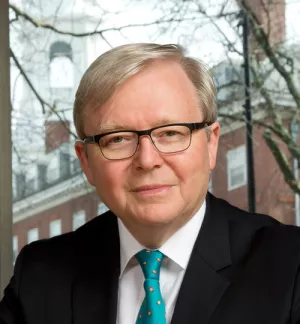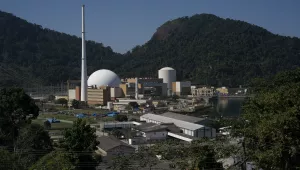As we pass the 70th anniversary of the founding of the United Nations, and approach the appointment of the next U.N. secretary-general for the decade ahead, we need to consider afresh the institution’s future, its relevance to the global challenges of our time, and what changes are necessary to ensure its long-term future.
First, the U.N. matters. In fact, because it is such an embedded part of the postwar order, it matters a lot. So much so that if it were to fail, falter, or just fade away, this would further erode the stability of an already fragile global order. Our current order faces new, mounting, and compounding challenges unlike any we have seen in a quarter of a century. Along with a rapid deterioration in U.S.-Russia and U.S.-China relations (accompanied by a new strategic rapprochement between Moscow and Beijing), we face a humanitarian refugee crisis, an ongoing war in Syria and Ukraine, and a range of growing security challenges across East Asia.
There have been even more profound transformations in global geoeconomics, where China is now the world’s second-largest economy and, despite recent slower growth, is soon to become the largest — supplanting the United States after more than 150 years of global economic dominance. In the meantime, Europe’s economy has yet to emerge from a decade of stagnation and where European politics, both regionally and nationally, represent a continuing drag on a robust future.
Continue reading: http://foreignpolicy.com/2016/09/19/how-to-fix-the-united-nations/
Rudd, Kevin. “Argument: How to Fix the United Nations.” Foreign Policy, September 19, 2016
The full text of this publication is available via Foreign Policy.





